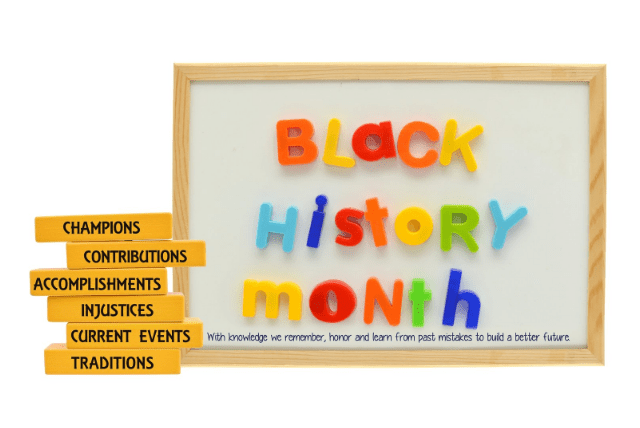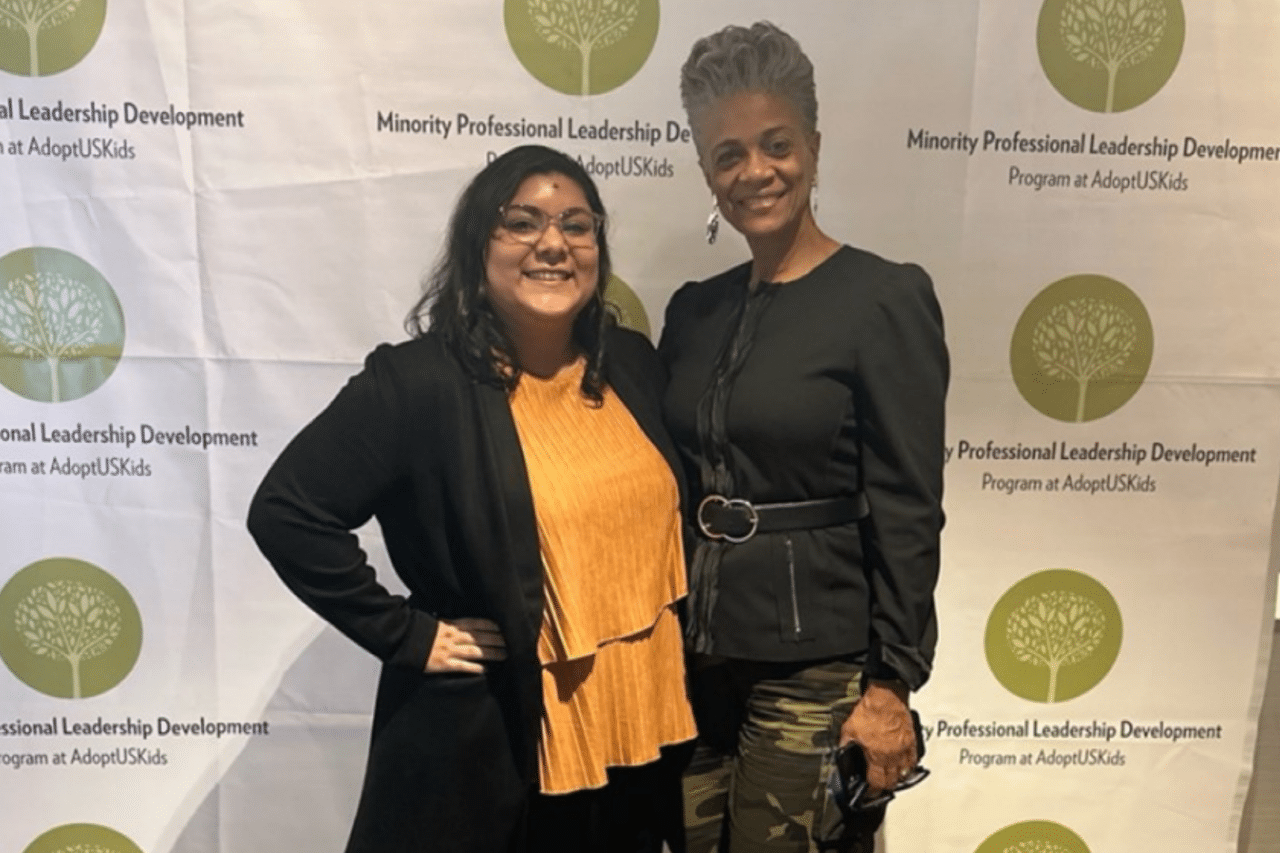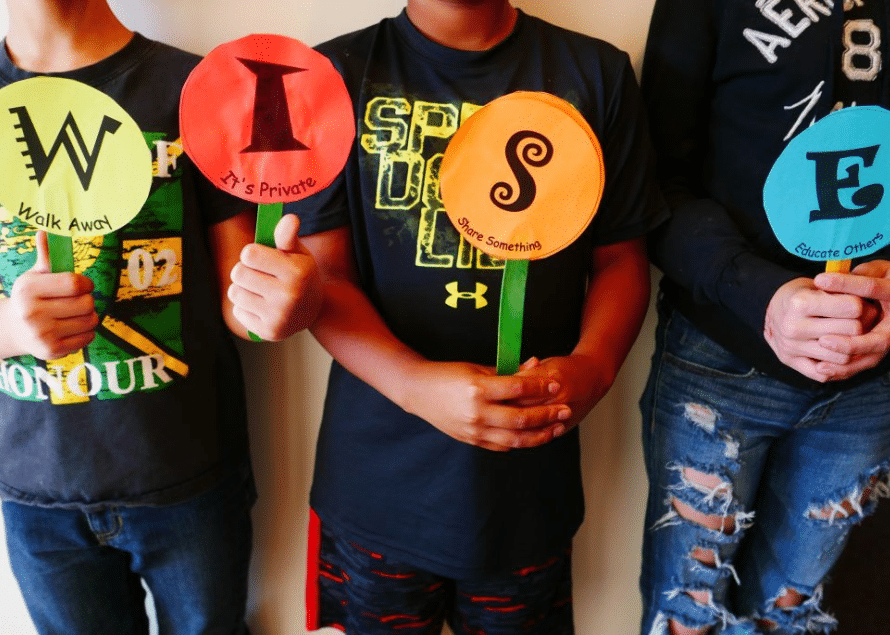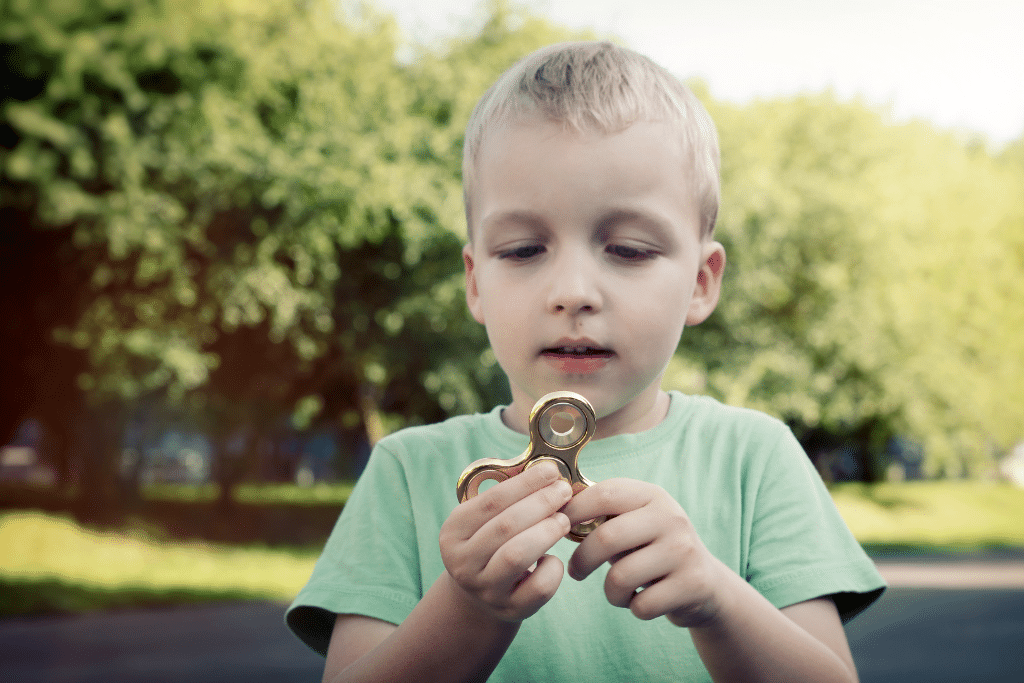Celebrating African American History Month in Your Adoptive Transracial Family
Celebrating African American History Month in Your Adoptive Transracial Family

The month of February is known as African American History Month in the United States. Families and classrooms across the country are dedicating time to teaching children about the important achievements of black people throughout our history. As an adoptive parent of a black child, you may be asking yourself how you should celebrate? If you should celebrate? And ways to approach the topic with your child. Thankfully, the Center for Adoption Support and Education (C.A.S.E.) is here to help. We have created a guide for adoptive parents of black children who may be struggling this February.
The Importance of African American History Month
During this month, we take the time to look back on important moments in history and how black people played an important role. This can include examining historic figures such as Martin Luther King, Frederick Douglass, Harriet Tubman, Rosa Parks, and countless others. During this time we look back on the past and take lessons from it – learning and reflecting on the struggles, issues, and systemic problems that black people have faced and continue to face in America. These lessons guide us toward a future where we learn and actively make changes to fight for a better future. And while black history month is a great place to start, as a parent of Black children, you need to make an effort to incorporate black appreciation into their everyday lives.
Celebrating in an Adoptive Transracial Household
Some adoptive parents undergo the particularly difficult task of explaining and celebrating African American History Month without being a person of color themselves.
It is important when you adopt a child that does not share your race or ethnic group that parents take the time to understand the experiences their child will have and inculcate their cultural heritage.
As a person of color, they will face discrimination you will not be able to relate to. Because of this, it is important to provide them with the empathy and understanding you can; and show them people who they can look up to.
The fact that you are reading this demonstrates that you have a deep desire to provide your child with the resources they need. If you are looking to introduce the topic into your household, you can start with books, movies, and other media that are engaging and informative. This can include watching movies such as Hidden Figures, going over the Timeline of black history, and even attending black history month events at your local library or community center.
Building Your Child’s Understanding
Children are much more observant than we give them credit for. They are aware that they are different from their parents, and they will want to address it. This can make some adoptive parents uncomfortable, but that is a part of the process. You are not going to be able to understand everything they go through. But, as a parent, you must provide empathy and a safe space for them to talk about racial issues.
In addition to open and honest communication, make sure you provide your children with examples and representations of people who look like them. Form meaningful relationships with black families and communities, and make an effort to teach them about their heritage.
Center for Adoption Support and Education Counseling Services
Adopting a child and becoming a transracial family can result in a number of situations that you may not know how to handle. But C.A.S.E. is here to support you. We provide adoption counseling services in Virginia, Maryland, and the District of Columbia to adoptive, foster & kinship families. This includes everything from navigating the adoption process to ongoing post-adoption support. If you are looking for adoption information and counseling services, we are here to help. Call us today or schedule a free consultation to learn more about our services.












